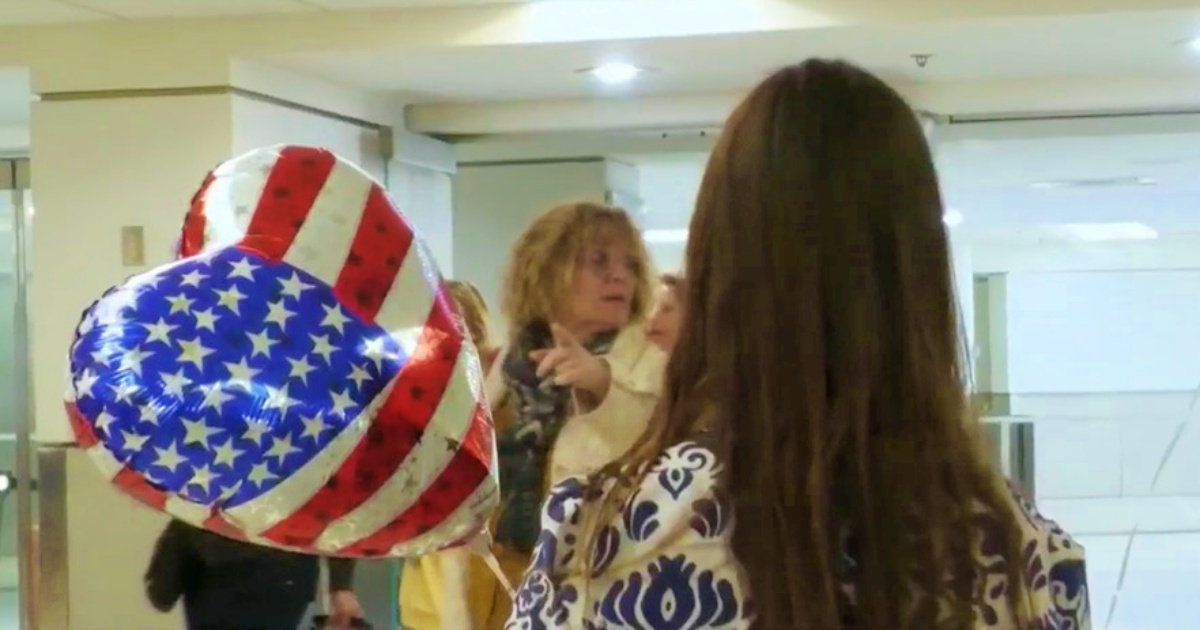The U.S. government has temporarily suspended travel permits for beneficiaries of the humanitarian parole program following an internal report that revealed significant levels of fraud, according to Fox News citing a spokesperson from the Department of Homeland Security (DHS).
The governmental source indicated that "as a precaution," they have halted the issuance of advance travel authorizations for the program since mid-July, while they conduct a detailed review of sponsor applications. The DHS clarified to the cited media that the review focuses on sponsor applications and not on those of the program's beneficiaries.
"The DHS has mechanisms in place to detect and prevent fraud and abuse in our immigration processes. We take any abuse of our processes seriously," affirmed a spokesperson from the Department of State. They added that when fraud is identified, the U.S. Immigration and Customs Enforcement (ICE) investigates and "will litigate the corresponding cases in immigration courts and refer criminal cases to the Department of Justice."
The CBP stopped issuing travel authorizations to Venezuelans on July 6 and to Cubans, Nicaraguans, and Haitians since July 18.
Fraud Detection Report
The report was compiled by the Fraud Detection and National Security Directorate to ensure a swift response to fraud in immigration benefit programs. The internal document revealed that application forms included Social Security numbers, addresses, and phone numbers that were repeatedly used, in some cases, hundreds of times.
Parts of the report showed that 100,948 forms were completed by 3,218 serial sponsors (those whose number appears on 20 or more forms). It was also discovered that 24 of the 1,000 most-used numbers belonged to a deceased person. Meanwhile, 100 physical addresses were used between 124 and 739 times in over 19,000 forms. These addresses included storage units.
A sponsor’s phone number was submitted on more than 2,000 forms, and there were 2,839 forms with nonexistent sponsors' zip codes, according to the leak. Sponsors must undergo a background and security check and demonstrate that they have the financial resources to support the person they are sponsoring.
"The selection and background verification process for advance travel authorizations is independent of the selection process for supporters residing in the United States," said the spokesperson. "The DHS has not identified any worrisome issues related to the selection and background verification of beneficiaries," they added.
The spokesperson announced that they will resume processing as soon as possible "with the appropriate safeguards," although they did not anticipate a probable date for the return of humanitarian parole travel permits.
FAQs on Humanitarian Parole Travel Permit Suspension
Given the recent suspension of humanitarian parole travel permits due to fraud concerns, many questions arise. Below are some frequently asked questions and their answers regarding this issue.
Why were the humanitarian parole travel permits suspended?
The permits were suspended due to significant levels of fraud revealed in an internal report by the DHS. The report identified repeated use of Social Security numbers, addresses, and phone numbers.
Who is affected by this suspension?
The suspension affects beneficiaries of the humanitarian parole program, particularly those from Venezuela, Cuba, Nicaragua, and Haiti.
When will the processing of travel permits resume?
The DHS has not provided a specific date for the resumption of travel permit processing, but they have committed to reinstating it as soon as possible with appropriate safeguards.
